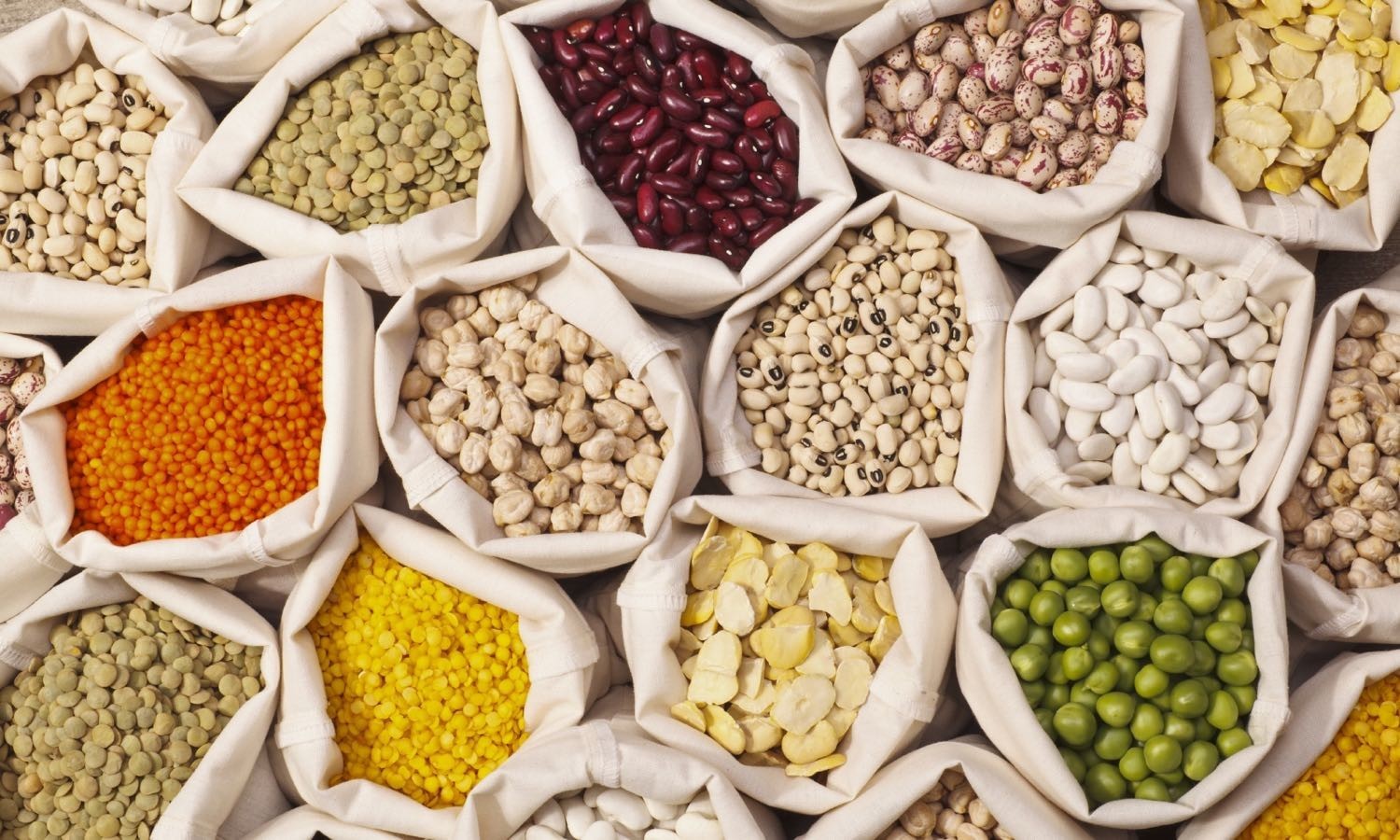
The International Year of Pulses has helped raise awareness globally of the benefits of eating and growing pulses, with calls to now build upon the strong momentum.
Overall, global pulse production has been slowly but steadily increasing.
In 2014, global production reached 77 million tonnes, up 21 million tonnes since 2001.
“It is essential to maintain the momentum," said FAO's Deputy Director-General Maria-Helena Semedo at today's ceremony.
“Training programmes on the value of pulses should be supported, particularly for schoolchildren, farmers and extension workers. Policies and programmes should focus more on pulse producers, particularly small-holder farmers and young people," she said.
Defined as edible dried seeds of plants in the legume family, pulses are packed with minerals such as iron, zinc and folate. From hummus and falafel to dahl and baked beans, pulses have been an important part of diets around the world for centuries.
Farming Minister George Eustice said: "From lentils to beans – British pulses are becoming ever more popular on menus and in shopping trolleys across the country as people increasingly adopt more healthy eating options.
"As well as playing an important role in health and nutrition, protein-rich pulses are important for food security and environmental sustainability."
Finger on the pulse
With the slogan ‘Nutritious Seeds for a Sustainable Future', the International Year of Pulses was launched in November 2015, and the UN General Assembly nominated FAO to lead implementation.
Since then, connections have been fostered among key actors from farmers' organisations to the private sector to facilitate information exchange and policy dialogue on the production, trade and consumption of pulses.
Pulses are an ingredient in achieving Sustainable Development Goal 2 which aims to end hunger, achieve food security and improved nutrition, and promote sustainable agriculture.
Experts say the plants contribute to climate change adaptation and mitigation, adding large amounts of beneficial nitrogen to the soil and requiring little fertiliser.
Pulse advocates say growing the legumes with other crops enhances soil fertility, improves both crops' yields, and contributes to a more sustainable food system.
In addition, pulses have a very low water footprint compared to other protein sources, can be grown in very poor soils, and help reduce the risk of soil erosion and depletion. For poor farmers, growing pulses contributes to stable livelihoods, additional income and improved nutrition, according to the UN.
